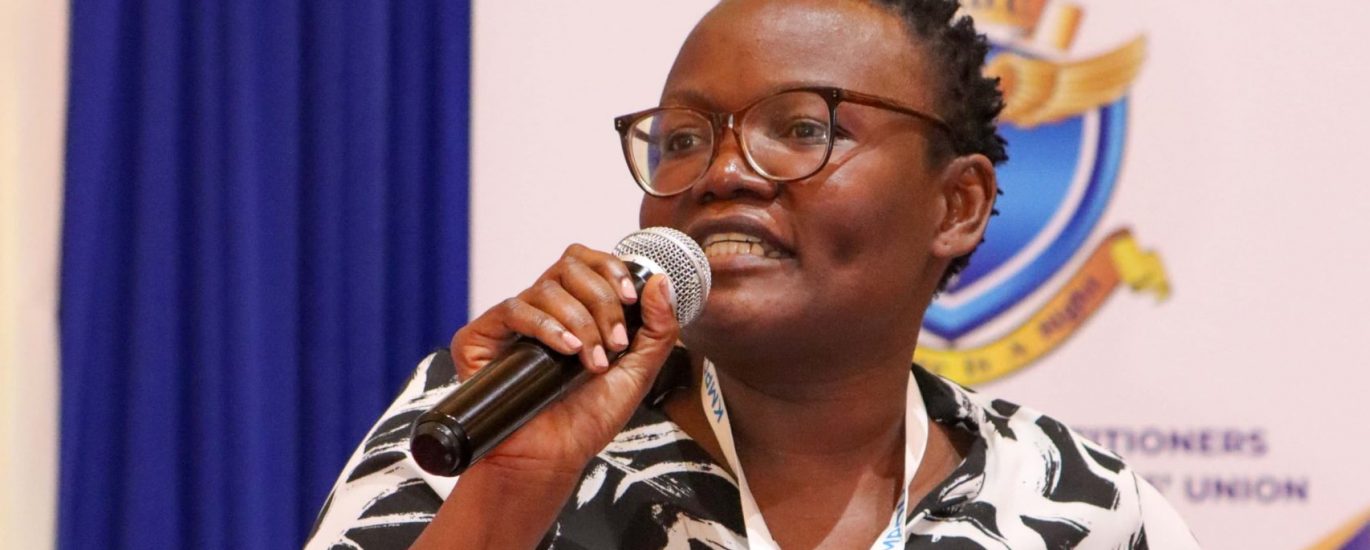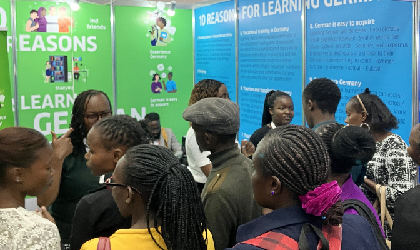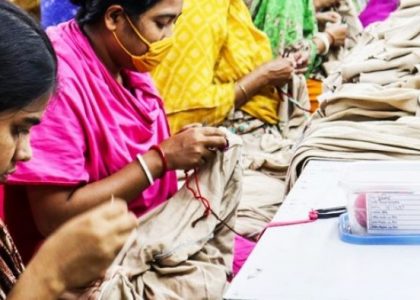May 02, 2025
Kenya’s health system stands at a crossroads. On the surface, we see glossy digital dashboards, pilot projects, and promises of universal health coverage. But beneath the surface, beneath the data points and the policy slogans lies a different story. A story of exclusion. A story of inequality. A story of doctors, nurses, and patients all caught in a system that is being restructured, not to serve people, but to serve profit.
Today, more than ever, Kenya’s health system reflects the deep imprint of global capitalism. What was once public and people-centered is now increasingly being commodified, privatized, and financialized. From SHA/SHIF reforms that shift risk to patients, to hospitals run as businesses, to the rise of for-profit digital platforms that reduce care to algorithms; we are witnessing a health system remade for the market.
But these are not natural developments. They are choices. Political choices. Global structural adjustments. They are shaped by decades of underfunding, outsouurcing, and donor-driven priorities, all underpinned by the logic of austerity and the gospel of efficiency. At the heart of this crisis stands the Kenyan doctor; underpaid, overworked, unemployed, or unpaid. Interns are stranded. Specialists are jobless. Contracts are casual. Yet still, we are expected to serve a nation in crisis, to carry a collapsing system on our backs without rights, without security, and too often, without dignity.
This union, our union, was forged in struggle. From the 2011 strike to the 2017 and 2024 collective actions , from court battles to constitutional advocacy, the Kenya Medical Practitioners, Pharmacists and Dentists Union has stood as a bulwark against dispossession. We have fought for recognition, for CBAs, for salaries, for safety, and most of all, for the idea that healthcare is not charity, but a public good. That doctors are not martyrs, but workers. That patients are not clients, but citizens with rights.
Our wins are real. But the terrain is shifting.
As healthcare becomes increasingly private, digital, and corporatized, the old models of organizing will no longer be enough. We must find new strategies to build cross – sectional, cross – generational and cross-border solidarity. We must organize the intern and the consultant. The public sector doctor and the private clinic worker. The community health volunteer and the global health researcher. Because the only way to counter systemic inequality is with collective power. And the only way to resist the privatization of care is to democratize health governance and organize at scale. .
This conference is not just a review of issues. It is a call to prepare. To sharpen our tools. To deepen our solidarity. And to reclaim our role not just as healers, but as organizers. As workers. As citizens.
We stand on the shoulders of past struggles. But we face new storms. And so we must ask:
Will we retreat into silence or organize into Power? Will we protect what is left or build what is needed?
The future of healthcare in Kenya depends on how we answer.






